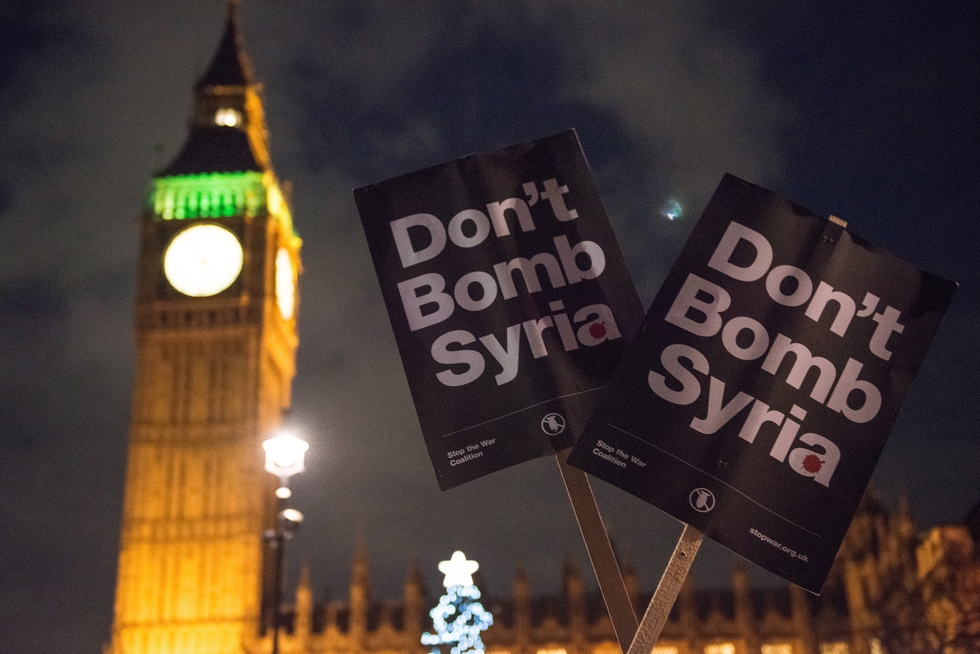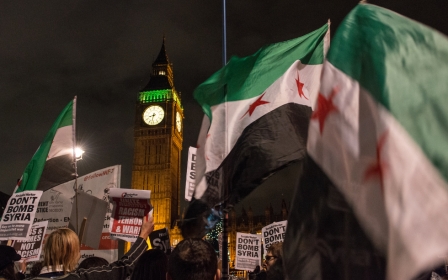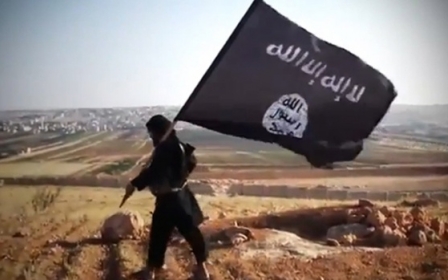British air strikes hit IS oil field in Syria

Shortly after British MPs voted in a large majority to take military action against the Islamic State militant group in Syria, the country carried out the first air strikes in east Syria, targeting an oil field.
A defence ministry spokesman said the Royal Air Force planes based in Cyprus conducted the “first operation over Syria”.
Four Tornado jets equipped with precision-guided Paveway bombs took off from the Akrotiri base at 2330 GMT and launched air strikes on six targets in the oil field held by IS in eastern Syria.
“I can confirm that four British Tornados were in action after the vote last night attacking oilfields in eastern Syria – the Omar oilfields – from which the Daesh terrorists receive a huge part of their revenue,” Defence Secretary Michael Fallon told the BBC, using an alternative name for IS.
“This strikes a very real blow at the oil and the revenue on which the Daesh terrorists depend,” he added.
Fallon said that eight more jets – two Tornados and six Typhoons – were being sent from two bases in Scotland and in southeast England to the Akrotiri base.
“We are doubling our strike force. The additional eight aircraft being sent to Akrotiri are now in the air and on their way,” Fallon told the BBC Radio 4 Today programme. “These are the aircraft that the coalition have been asking for.”
Britain already has eight Tornado fighter jets plus drones involved in the US-led coalition striking IS targets in Iraq, operating out of RAF Akrotiri in Cyprus.
But experts question how much Britain, which has been wary of joining foreign conflicts in recent years after unpopular wars in Afghanistan and Iraq, would add to the campaign against IS in Syria.
"It will not make a big operational difference," said Professor Malcolm Chalmers of military think-tank the Royal United Services Institute (RUSI).
"It is important symbolically, useful operationally, but not transformative."
Fallon specified that military action against IS could last for years, rather than months, saying: “This is not going to be quick.”
He also admitted that he had personally approved the targets in the Omar oilfield before the House of Commons vote was announced on Wednesday night.
New MEE newsletter: Jerusalem Dispatch
Sign up to get the latest insights and analysis on Israel-Palestine, alongside Turkey Unpacked and other MEE newsletters
Middle East Eye delivers independent and unrivalled coverage and analysis of the Middle East, North Africa and beyond. To learn more about republishing this content and the associated fees, please fill out this form. More about MEE can be found here.



